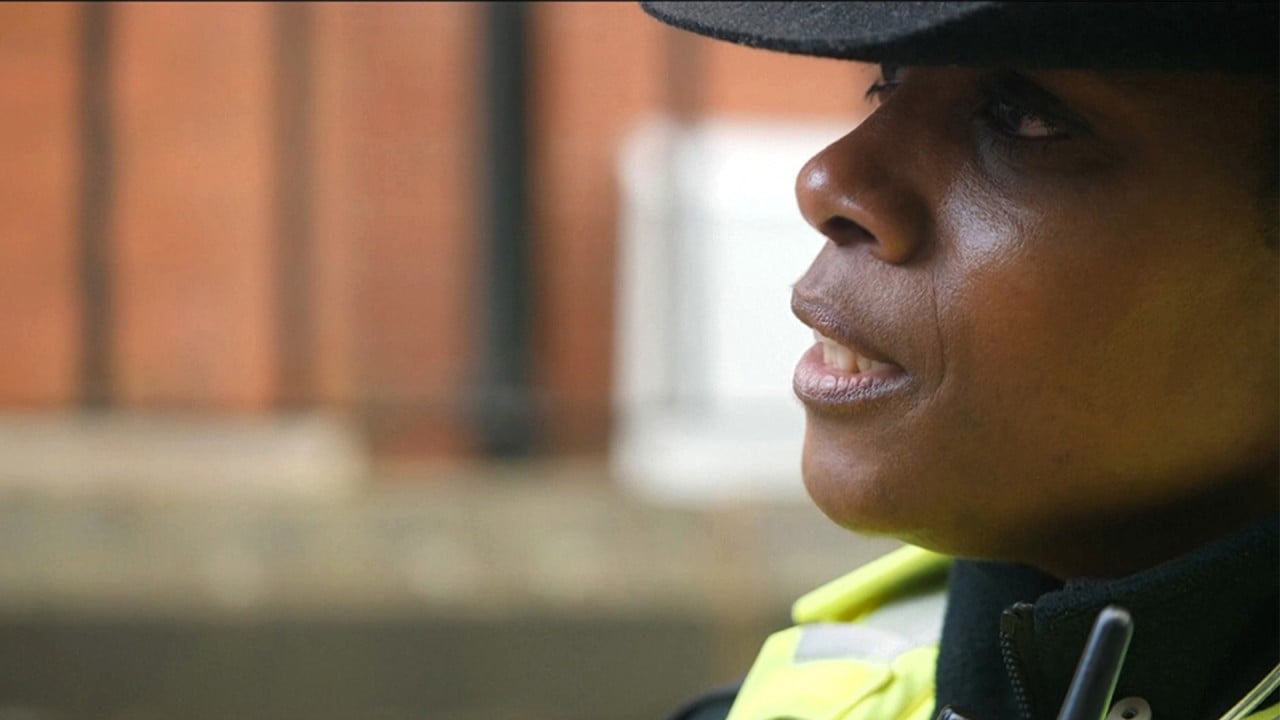Protests in Hong Kong and abroad show the destructive power of deep divisions
- Police across the globe have come under fire for the use of excessive force in the face of peaceful protests and their own blundering lack of moderation
- Restoring trust in our communities’ legal and political institutions and promoting tolerance and cooperation are crucial to healing wounds

For most of last year, as Hong Kong’s angst-ridden youth waged a traumatising street-level drama over our present and future relationship with mainland China, youngsters across the rest of the planet danced to a different tune, galvanised by climate change. Our local trauma distracted our community from what I believed – and still believe – is the world’s most pressing challenge.
In their place, grievances have converged, strongly stirred by livelihood challenges created during the 2008 global financial crisis. They are taking shape around long-festering race and class discrimination as vulnerable and minority communities have felt more than their fair share of harm from Covid-19 and the economic pain it has created.
Look at the work of the International Justice Mission on the abuse of police power, or of academics such as Silvia Staubli at the University of Fribourg in Switzerland. It is clear public that trust in police is hard-wired with public trust in our leaders and community institutions. Whatever is said in Alabama or Minneapolis about reform, police will remain stuck between a rock and a hard place without higher levels of trust in our leaders.

01:22
Anti-racism and police brutality protests put UK’s black officers in tough spot

